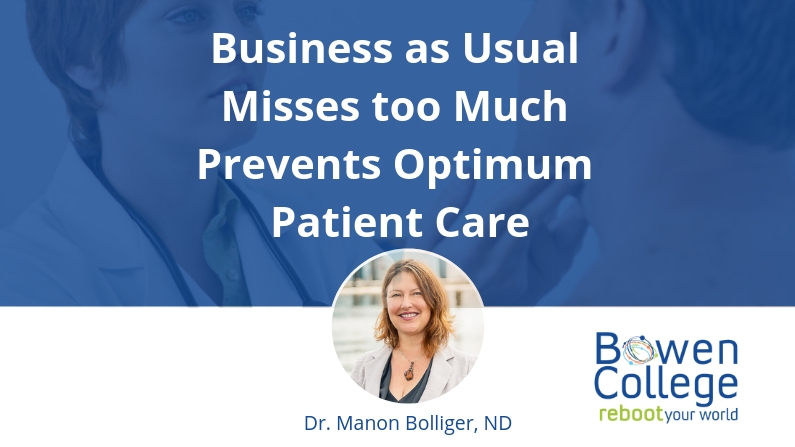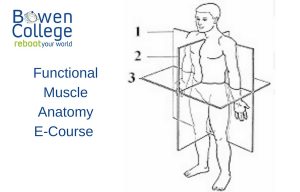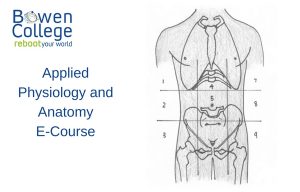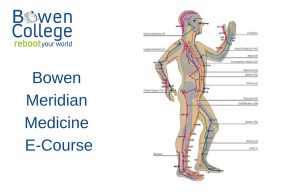In my last two posts I introduced the case study of a 67-year-old whose subjective experience of her diagnosis was continually ignored by the objective assessment and plan of a health care regime that was oblivious to her story of her injury. (Reviewing the past two posts might help with the discussion in this one.)
What was going on in this situation? In fact, nothing new. As a matter of course, the experience of the patient is regarded as less relevant or important than the general presumptions gathered by “objective” findings.
What is missed altogether, but strongly factors in, is the psychological discomforts from the trauma. These were excluded from the history and yet played the most significant role in this patient’s “unexpected” slow recovery. This patient was never met at the level of her experience of the subjective symptoms with which she presented.
In fact, the complete denial of her experience and the blind application of “normal procedures” hampered her recovery. Some part of her attached meaning to the injury and created ongoing inflammation and loss of motion range. The subjective experience is relevant and affects outcome. More awareness and cognizance of this phenomenon. in relation to nurses, doctors and hospital administration may have produced a very different outcome.
Consider the probable outcome for the healing of this simple fracture in another patient who felt blessed and grateful to have come out alive in a head-on collision and “only had to contend with a simple and clean fracture.” The subjective rendition is at least as important as the objective X-rays.
This case study illustrates my claim about the importance of paying far greater attention to the subjective state and experience of the patient than is standard in the SOAP procedure. In my next post, I’ll introduce to you another case.









